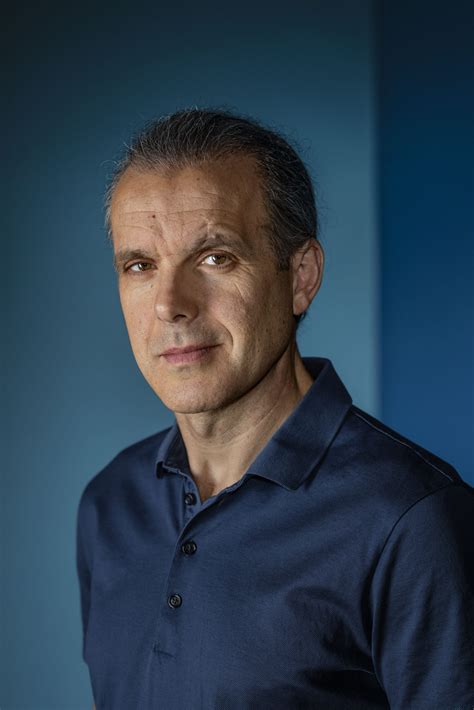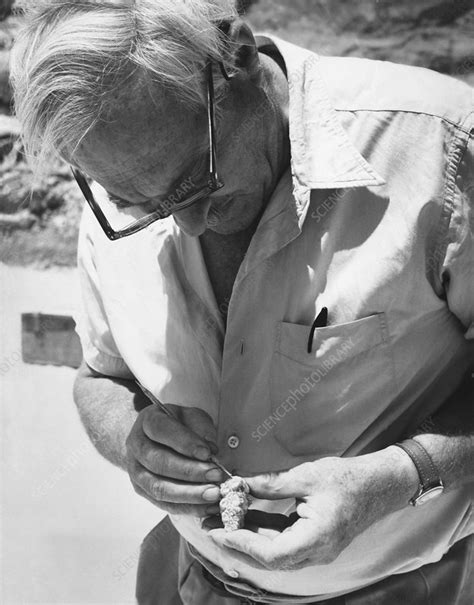A Quote by Richard Preston
Global climate change has become entangled with the problem of invasive species. A warmer climate could allow some invaders to spread farther, while causing native organisms to go extinct in their traditional habitats and making room for invaders.
Related Quotes
Despite the international scientific community's consensus on climate change, a small number of critics continue to deny that climate change exists or that humans are causing it. Widely known as climate change "skeptics" or "deniers," these individuals are generally not climate scientists and do not debate the science with the climate scientists.
Many scales of climate change are in fact natural, from the slow tectonic scale, to the fast changes embedded within glacial and interglacial times, to the even more dramatic changes that characterize a switch from glacial to interglacial. So why worry about global warming, which is just one more scale of climate change? The problem is that global warming is essentially off the scale of normal in two ways: the rate at which this climate change is taking place, and how different the "new" climate is compared to what came before.
It's possible that we'll screw up the climate so badly that most of us will die and a few breeding pairs will remain somewhere in the arctic. What's more likely is that we'll continue remaking the planet, driving many species to extinction, killing millions of people through the indirect effects of climate change, making life even harder for the poor and powerless than it is now, and making it a little more difficult for the global middle class to live the lives to which they have become accustomed - in other words, business as usual, only worse.
I am worried about climate change. In one respect, I may be more worried than other people. I am worried because I have very little confidence that we know what is causing it....One of my fears is that we could reduce carbon emissions by some drastic amount, only to discover that-oops-it turns out that climate change is being caused by something else.
Climate scientists think of nothing but climate and then express their concerns in terms of constructs such as global mean surface temperature. But we live in a world in which all sorts of change is happening all the time, and the only way to understand what climate change will bring is to tell stories about how it manifests in people's lives.
Our problem is that the climate crisis hatched in our laps at a moment in history when political and social conditions were uniquely hostile to a problem of this nature and magnitude-that moment being the tail end of the go-go '80s, the blastoff point for the crusade to spread deregulated capitalism around the world. Climate change is a collective problem demanding collective action the likes of which humanity has never actually accomplished. Yet it entered mainstream consciousness in the midst of an ideological war being waged on the very idea of the collective sphere.




































